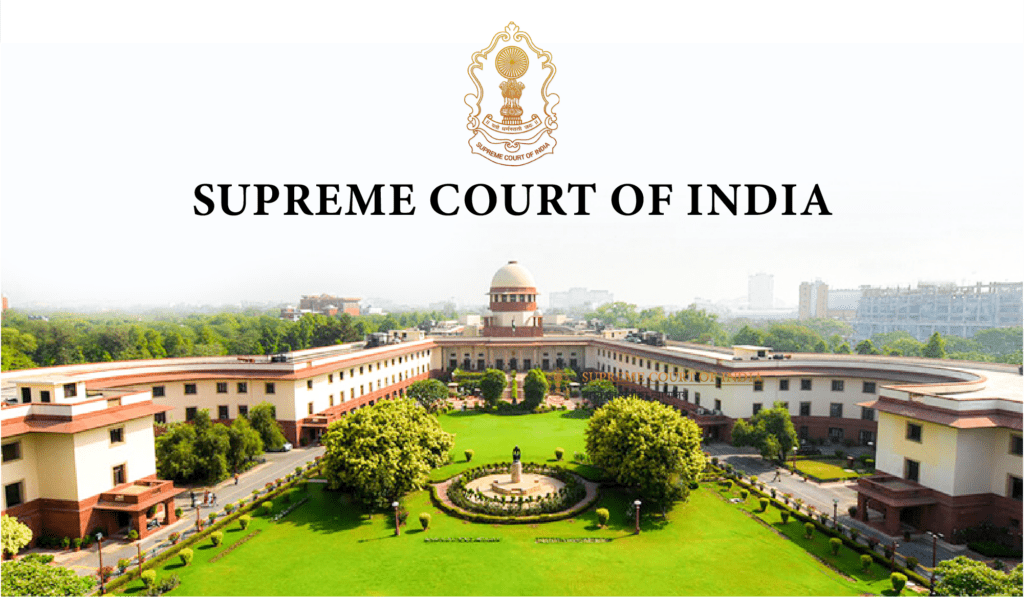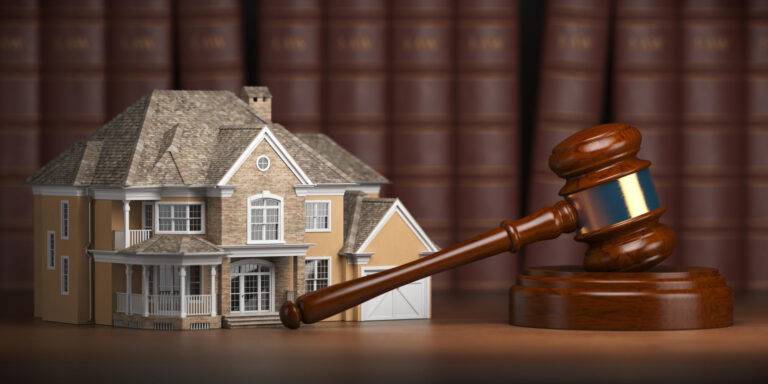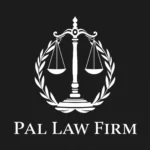
Property Lawyers In Delhi
Property Cases in Court May Require an Excessive Amount of Your Valuable Time to Resolve, or they May Pass-On to Your Future Generations and Their Future Generations, etc., if you are not guided by knowledgeable, efficient, and experienced Property lawyers. If you are seeking this!! Then consult Sandhya Gupta & Associates, where our team of expert property lawyers in Delhi is always available to assist.

Real property and personal property are the two categories of property. The majority of the legal concepts and rules governing both types of property are based on English Common Law. Many of these principles and regulations have been incorporated into statutes that define the types and rights of ownership in real and personal property. Personal property, also known as mobile property, refers to everything other than land that can be owned, such as stocks, money, notes, patents, and copyrights, as well as intangible property. Real property includes ground and anything built on, grown on, or attached to it, such as buildings and crops. The phrase is also used to describe any rights that arise from land ownership. Land is often referred to by the phrases real estate and real property. In its broadest sense, the term “land” refers to everything of permanent nature on or beneath the earth’s surface, including minerals, oil, and gases. The term premises has come to signify the land itself or the land with all structures connected in modern usage. Premises are typically used to refer to residential houses and yards. Ordinarily, the distinction between real and personal property is plainly discernible. However, the character of the property can be changed. Personal property becomes realty by being annexed to it, such as when rails are converted into a fence on land. However, in other circumstances, the intention or agreement of the parties decides whether annexed property keeps its status as personal property. A Landlord and Tenant may agree that the new lighting fixture attached to the ceiling of the tenant’s dwelling stays the tenant’s property when the lease expires. Property can also be defined as private or public. Private property is defined as belonging to one or more individuals.A country, state, or political entity, such as a Municipal Corporation or a school district, owns public property.
